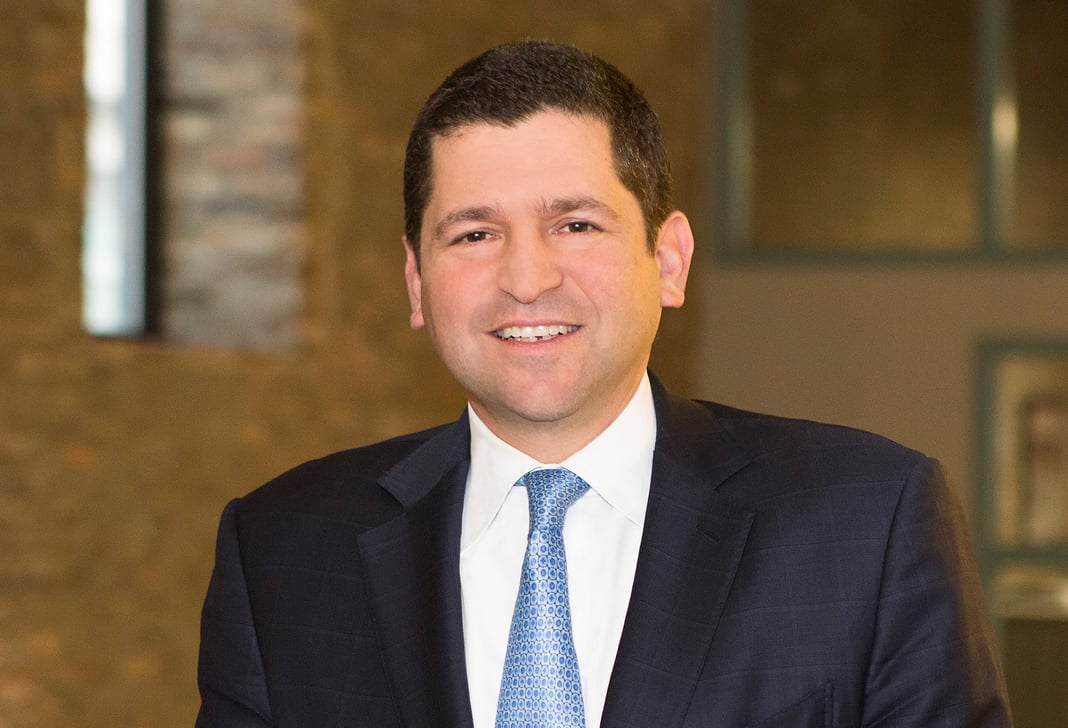
Final Rule Implementing the Fair Pay and Safe Workplaces Executive Order Released
On August 25, 2016, the Federal Acquisition Regulatory Council ("FAR Council") issued a final rule implementing President Obama's Fair Pay and Safe Workplaces Executive Order. At the same time, the Department of Labor released final guidance regarding the rule. The Executive Order, commonly called the "blacklisting order," seeks to require contractors to disclose adverse "labor law decisions." These decisions include administrative determinations, arbitral awards, civil judgments, and even mere findings and reasonable cause determinations. An agency labor compliance advisor then analyzes the violations and advises the agency's contracting officer whether the contractor is responsible. The purported purpose of the Executive Order is to improve contractor compliance with labor laws to increase economy and efficiency in federal contracting.
Reporting of Past Labor Law Violations
The final rule implements the blacklisting order by imposing the reporting requirements on government contractors with more than $500,000 in government contracts. When a contractor bids on a federal contract, the contractor must disclose to the agency whether the contractor has violated any of 14 federal labor laws (and their state equivalents) resulting in any "administrative merits determinations, civil judgments, or arbitral awards or decisions" within the last three years. Labor law "decisions" is defined to include findings that are not final or remain subject to appeal. By design, this broad interpretation includes a citation from the Occupational Safety and Health Administration, a show cause notice from the Office of Federal Contract Compliance Programs, a complaint filed by any Regional Director of the NLRB, and even a reasonable cause finding from the Equal Employment Opportunity Commission.
In response to comments from a number of contractors, the final rule added a phase-in mechanism for contractors and subcontractors. Beginning in late October 2016, prime contractors must make disclosures; subcontractors have to start next October. When the rule first takes effect, the disclosure reporting period will be one year and gradually increase to three years in late 2018. The FAR Council did not similarly limit the public availability of contractors' disclosures, despite comments raising privacy concerns. The final rule requires all reported violations to be entered into the Federal Awardee Performance and Integrity Information System, which is open to the public.
The Department of Labor's final guidance details how the agency labor compliance advisors are supposed to weigh the reported labor law violations. The compliance advisor will follow a three-step process. First, the advisor will review the violations to find any "serious, repeated, willful, and pervasive" violations. Second, the advisor weighs those violations "in light of the totality of the circumstances," which include the severity, the contractor's size, and mitigating factors. The Department of Labor's guidance is vague on what qualifies as "serious, repeated, willful, and pervasive." Instead, the guidance provides that "the weighing process is not mechanistic, and this Guidance cannot account for all of the possible circumstances or facts related to a contractor's record of Labor Law compliance." Third, the advisor provides written analysis to the contracting officer regarding the contractor's record of labor law compliance and recommends whether or not a labor compliance agreement or other action is warranted.
Required Wage Statements and Prohibited Arbitration Agreements
The final rule contains two further requirements for contractors. First, it requires contractors to provide wage statements to workers, which will detail hours worked, overtime hours, rate of pay, gross pay, and itemized additions or deductions. Second, and perhaps more importantly, the rule forbids contractors on contracts worth than $1 million from entering into arbitration agreements with their employees for arbitration of civil rights claims. The civil rights claims include those under Title VII and any torts related to sexual harassment. Arbitration can occur only if the employee voluntarily consents to arbitration after the dispute arises.
Potential Legal Challenges
The final rule seems likely to be challenged in court on a number of grounds. For example, by creating new punishments for labor law violations—such as debarment or suspension—the rule violates the basic principle that the Executive Branch cannot add sanctions to the ones Congress has already created. After all, when Congress wanted to authorize debarment as an available penalty, it said as much. See, e.g., 40 U.S.C. § 4144 (debarment for three years when a contractor fails to pay prescribed wages).
In addition, the rule's arbitration requirement appears to conflict with the Federal Arbitration Act's "policy favoring arbitration" permitting the category of predispute arbitration agreements forbidden under the rule. See, e.g., 14 Penn Plaza LLC v. Pyett, 556 U.S. 247 (2008) (enforcing provision in collective bargaining agreement requiring union members to arbitrate age discrimination claims).
The rule's requirement that the labor law violations be publicly disclosed also appears to be in tension with Title VII, which requires the government to keep reasonable-cause determinations confidential unless conciliation between EEOC and an employer fails. And the public disclosure requirement certainly flies in the face of countless nondisclosure agreements that are part and parcel to arbitration proceedings.
Finally, the rule may violate due process by depriving prospective contractors of the opportunity to fairly respond to non-adjudicated allegations before being deemed not "responsible." However, unless and until a court sustains a challenge to the final rule, contractors are bound to comply with it.












